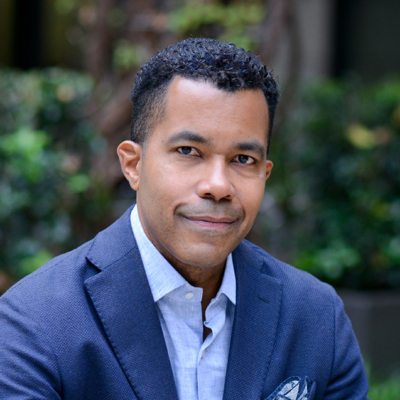The Supreme Court Could Soon Protect Gay Workers From Discrimination
Summary
Jameka Evans began working as a security guard at Georgia Regional Hospital in 2012, and the trouble, she alleged, started soon after that. In court complaints, she said that her supervisor, Charles Moss, didn’t like the fact that she’s a lesbian, nor how she wore men’s clothes and cropped her hair in a masculine style. This, she said, led to mistreatment on the job, like the promotion of an unqualified coworker over her. Other co-workers felt empowered enough to join in, one of whom allegedly slammed doors in her face. (Georgia Regional Hospital did not respond to a request for comment by time of publication.)
“During my term of employment, I endured harassment and denial of equal pay and retaliation simply because of my sexual orientation and lifestyle,” Evans said at a press conference last Thursday, as reported by Project Q Atlanta. “There is where my fight began, and hopefully it will end at the Supreme Court.”
…
When it comes to sexual orientation, Stanford Law School professor and anti-discrimination law scholar Richard Thompson Ford said that an affirmative Supreme Court ruling “would mean that everyone in all 50 states would be entitled to equal treatment in employment without regard to their sexual orientation.”
Ford thinks that it’s likely the Supreme Court will hear Evans’s case, citing the Seventh Circuit’s ruling in Hively v. Ivy earlier this year and the EEOC holding on Title VII and sexual orientation from 2015. He also said that “there is a good chance the Court will hold that Title VII prohibits sexual orientation discrimination”—that is, decide in Evans’s favor—due to Hively and other precedent-setting cases.
…
There is also Zarda v. Altitude Express to consider, an ongoing case involving a since-deceased gay man and an employer that allegedly didn’t go far enough to protect him from anti-gay bias on the job. Attorney Gregory Antollino appealed Zarda in January of this year, and the Second Circuit granted an en banc review this May. Two months later, the Jeff Sessions–led Department of Justice filed a brief in the case arguing that Title VII does not extend to sexual orientation, and that “any efforts to amend Title VII’s scope should be directed to Congress rather than the courts.” Still, Ford feels confident that the Supreme Court will side with Evans. “This is clearly the way the wind is blowing,” he said.
Read More
